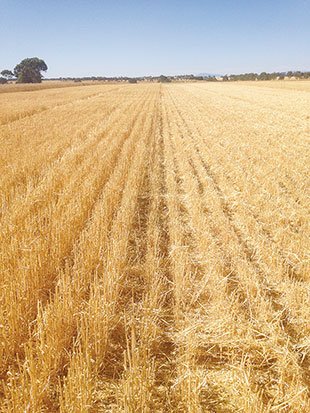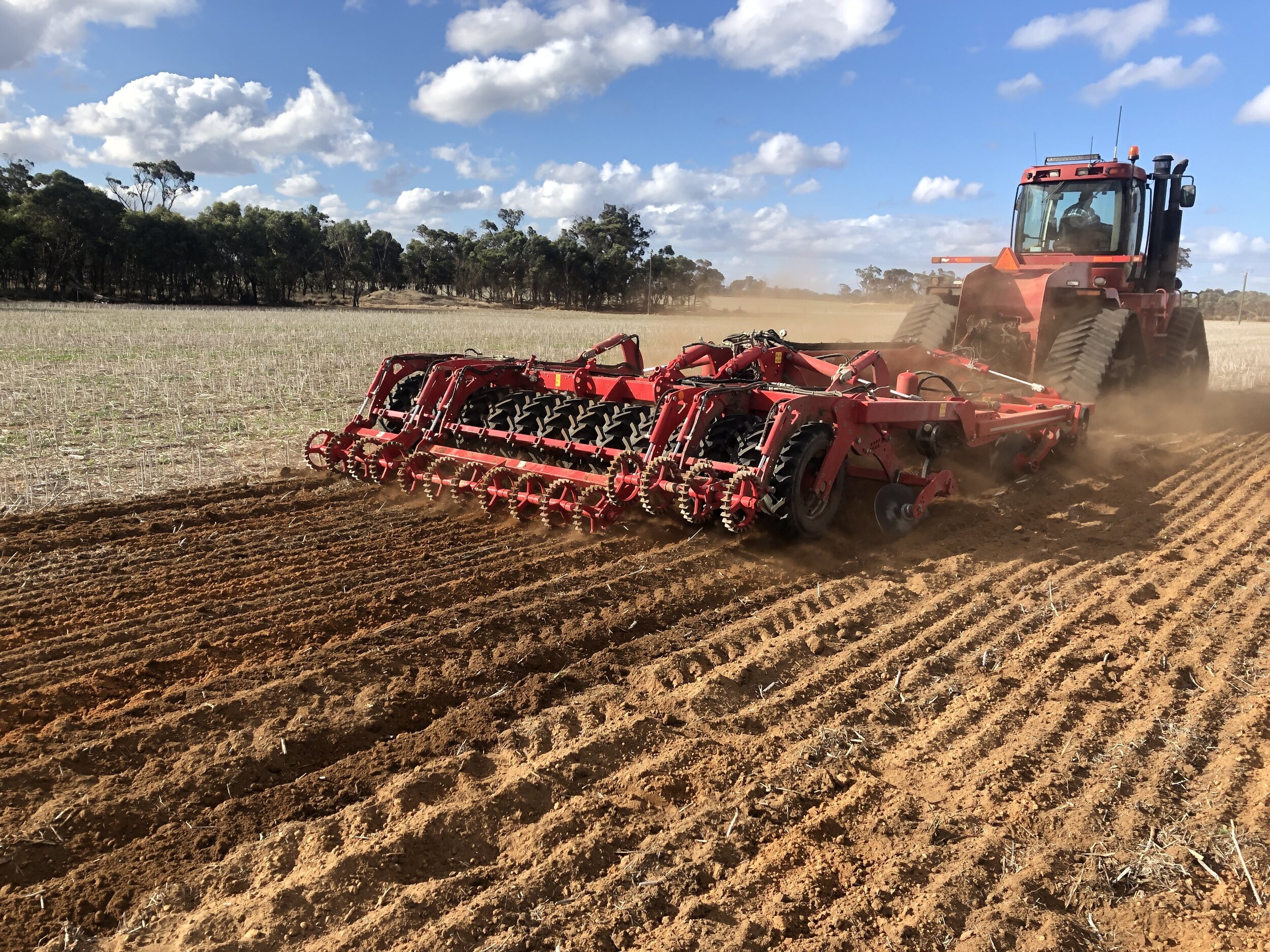Future Drought Fund: Drought Resilient Soils and Landscapes
Making Every Drop Count - Below and Above Ground Targeted Moisture Conservation from Paddock to Landscape
This project will deliver demonstrations designed through a 3-tiered (scaled) analysis of soil, paddock, and landscape.
The project aims to:
- Increase the number of land managers trialling and adopting drought resilient land management practices – both directly through project activities, and by providing case studies and evidence that can support the “scaling out” of effective practices.
- Strengthen collaborative networks between farmers and other land managers in support of increased adoption of drought resilient land management practices.
- Demonstrate the effectiveness of particular land management practices, and combinations of practices, in improving drought resilience.
The 10 demonstrations will showcase the following drought resilient technologies:
- Approaches to groundcover management practices
- Management of riparian areas and rehabilitation.
- Improved moisture and nutrient removal in downslope waterlogged and nutrient leached environments.
- Summer cover cropping and soil amelioration applications for improved moisture utilisation and reduced salt accumulation. Upslope water use improvements with improved crop agronomy and systems.
- Enhancement of biodiversity by rehabilitating erosion gullies, planting shelterbelts and re-vegetating hillside to improve soil moisture retention in landscape and paddock.
- Improving farm water storage. Management of farm dams both for stock water and biodiversity purposes.
The key achievements to date are that 6 of the 10 demonstrations have had site works completed and are now in the monitoring stage. And progression at the remaining four sites is underway with the remediation techniques/drought resilient practices applied by spring and over summer. Outcomes will be promoted widely through extensive networks across the Australian Ag Industry.
This project received funding from the Australian Government’s Future Drought Fund.





















